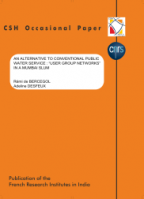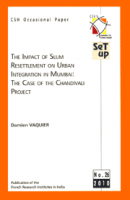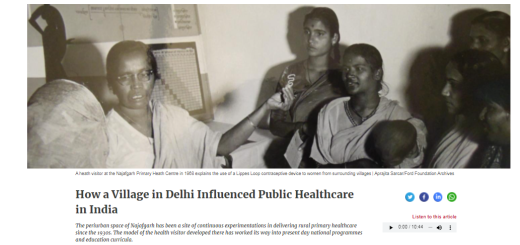Fiscal Federalism, State Lobbying and Discretionary Finance in India

In a quasi-federal democratic polity such as India’s, lobbying for central funds by the states is often done in a covert fashion. Unlike as in the USA’s fully federal structure, lobbying is not institutionalized in India and hence lacks legitimacy. It thus becomes difficult to gauge how much lobbying has been done towards a particular end. The present paper is one of the first attempts at constructing certain proxy political variables to quantify the extent of such lobbying in India. Here an effort has been made to quantify lobbying in terms of ministerial representation in the council of ministers. We use several time and state dummies to account for the constituent states’ political alignment with the Centre as well as the ‘breaks’ in the Indian system represented by economic reforms and the advent of coalition politics. Taking panel data covering 20 years and 14 major states, the study shows that its constructed variables do explain disparity in central fund disbursements under the discretionary head in a robust way. Discretionary disbursement mainly refers to that part of the central fiscal disbursement to states distributed through union ministries or the Planning Commission but which is, at every instance, non-formulaic. These findings remain valid even after we take into account the impact of income on the transfers, dealing with it as an endogenous variable. Finally, the present exercise leaves open the question that coalition governments and economic reform measures tend to impact on state lobbying at the Centre in a significant manner.
Keywords: state lobbying, discretionary disbursement, political variables
- In :CSH Occasional Paper N° 23
- Year :2008
- Pages :48
- ISSN :0972 – 357








